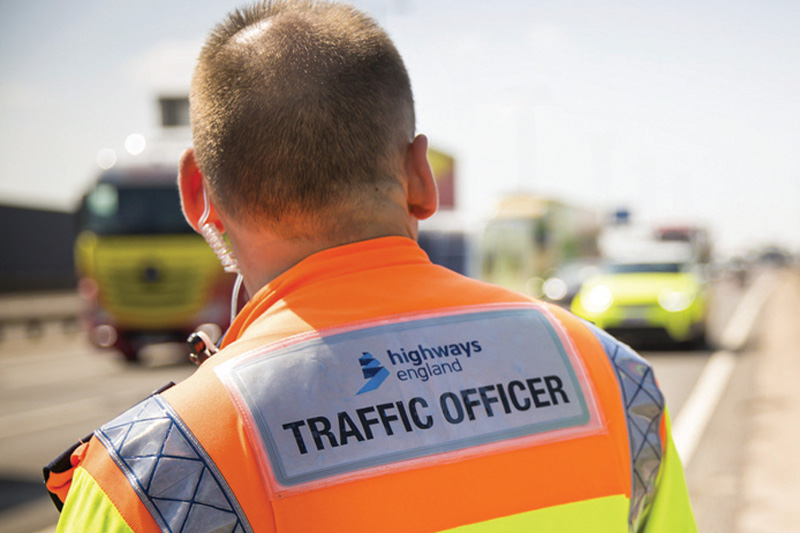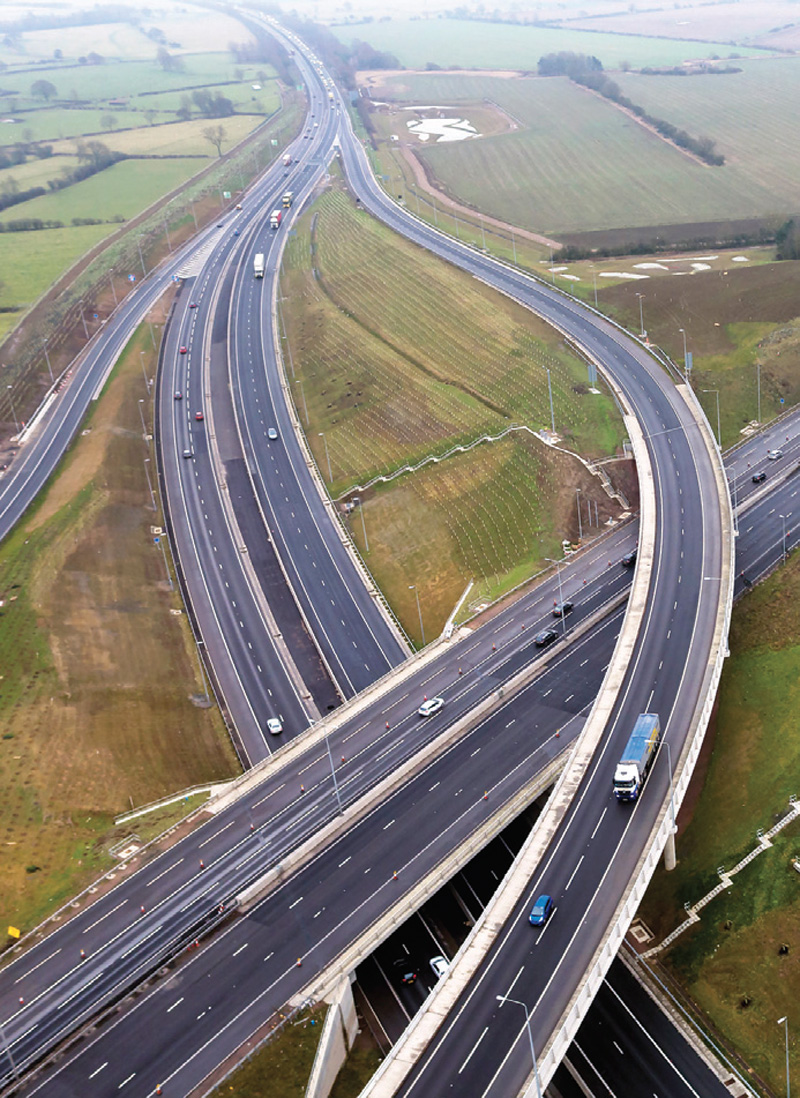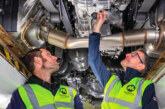
Diesel spillages affect us all – they cost money to clear up, delay traffic, and affect the environment. Highways England talks through its guidance for commercial vehicle drivers and operators to help stop them happening.
Highways England recorded 314 HGV diesel spillages in 2018. Diesel left on the road surface for as little as two hours leads to structural damage, resulting in the need for resurfacing. It can cost around £540,000 for a four-hour delay on a busy route. From a study of these types of incidents, it found:
- 41% of incidents were estimated to be two hours or less
- 14% of incidents were between two to five hours
- 22% of incidents were over five hours
Best practice guide
The diesel spillage best practice guide aims to help HGV drivers and operators reduce the number of incidents, as well as explain the impact they have. Highways England encourages operators and drivers to be proactive in taking steps to prevent diesel spills. A survey of over 200 fleet operators found 42% don’t equip their vehicles with spill kits. This would result in a spillage not being treated until a response unit arrived.
The best practice guide provides advice on dealing with and reporting spills, as well as actions to take to prevent them. It’s split into two parts covering driver and operator responsibilities.
Drivers can prevent spillages
Drivers can improve safety and understanding by:
- Carrying out daily walk-around checks of their vehicle to prevent spillages
- Ensuring they’re aware of environmental risks associated with diesel spillages
- Improving their awareness of penalty notices and fines
- Having an understanding of their diesel spill response plan and, where fitted, using a spill kit
Operator responsibilities
The guide also advises operators on what they can do to prevent diesel spillages which will help the operator by:
- Avoiding DVSA prohibitions (vehicle immobilisations) and other potential penalties
- Not increasing insurance premiums
- Reducing loss of vehicle, fuel, and driver time

There are additional safety measures available to them to prevent spillages such as:
- Fitting fuel caps with anti-syphon devices and self-sealing tanks
- Installing guard rails to the sides and extended cat walks on the top of the fuel tank for protection
- Carrying spill kits (comprising booms, mats, sealant putty, and portable containers)
The impact and cost of a diesel spillage Highways England has also produced a leaflet entitled ‘What is the impact and cost of a diesel spillage’ to highlight the impact and cost of diesel spillages. This illustrates real-life case studies of spillage incidents and features costs incurred by stakeholders involved in the clean-up and repair. To see it for yourself, click here.
Conclusion
The focus of these documents is to improve road user knowledge and attitude, promote best practice, and improve responses to diesel spillages. Highways England aims to achieve:
- A reduction in the number and severity of incidents
- Less risk of diesel entering the water course and causing environmental damage
- Less costs from resurfacing and repairs to roads
- A reduction in the number and cost of claims for Highways England to pursue and reclaim








